Lunchtime Seminar on Thursday 12th February 2015 , 1-1.50pm in EB708, Lansdowne Campus
Dr Sara Houston, Principal Lecturer in Dance at the University of Roehampton
Against the backdrop of a five-year study into dance for people with Parkinson’s, Dr Houston will examine what it means to ‘live well’ with Parkinson’s through those who participate in a dance class. She will examine how participants’ aims to ‘stand tall and step boldly’ are embodied and shaped by their dancing experience. The seminar will highlight one woman’s claim that dancing makes her feel beautiful, and, as such, is fundamental to her wellbeing. She will debate the challenge that this claim poses to those who argue that beauty in dance is at best unimportant, at worst disenfranchising. In debating this challenge she will create a link between aesthetics and health through a reformulation of the value of beauty in the context of chronic illness and wellbeing. This link will then allow her to discuss how feeling lovely could become relevant and meaningful within the context of participating in dance.
Dr Sara Houston is Principal Lecturer in Dance at the University of Roehampton. Currently, she leads a longitudinal mixed-methods research study examining the experience of dancing with Parkinson’s commissioned by English National Ballet. Her work won her the BUPA Foundation Vitality for Life Prize in 2011 and she was a Finalist for the National Public Engagement Awards in 2014. For the last five years, Sara’s project with people with Parkinson’s has developed her work on the intersection between dance as art, health and wellbeing and on the tensions and collaboration between quantitative and qualitative methodologies and between art and therapy models of engagement. In 2014, Sara won a National Teaching Fellowship from the Higher Education Academy for excellence in teaching. She is Chair of the Board of People Dancing: the Foundation for Community Dance. Her book Dancing With Parkinson’s: Art, Community and Wellbeing is in preparation and will be published by Intellect Books.
The seminar will be followed by the BU Humanisation Special Interest Group meeting from 2 -4.30pm in EB708, Lansdowne Campus. All are welcome.

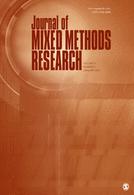
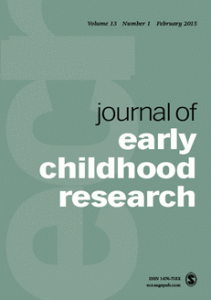
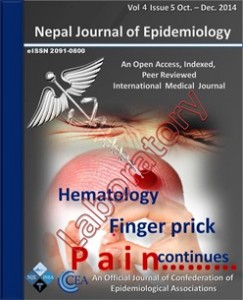





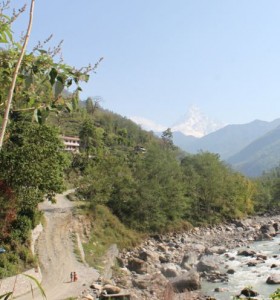
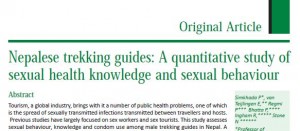

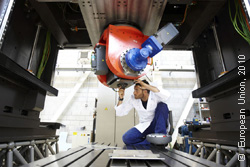












 SPROUT: From Sustainable Research to Sustainable Research Lives
SPROUT: From Sustainable Research to Sustainable Research Lives BRIAN upgrade and new look
BRIAN upgrade and new look Seeing the fruits of your labour in Bangladesh
Seeing the fruits of your labour in Bangladesh Exploring Embodied Research: Body Map Storytelling Workshop & Research Seminar
Exploring Embodied Research: Body Map Storytelling Workshop & Research Seminar Marking a Milestone: The Swash Channel Wreck Book Launch
Marking a Milestone: The Swash Channel Wreck Book Launch ECR Funding Open Call: Research Culture & Community Grant – Application Deadline Friday 12 December
ECR Funding Open Call: Research Culture & Community Grant – Application Deadline Friday 12 December MSCA Postdoctoral Fellowships 2025 Call
MSCA Postdoctoral Fellowships 2025 Call ERC Advanced Grant 2025 Webinar
ERC Advanced Grant 2025 Webinar Update on UKRO services
Update on UKRO services European research project exploring use of ‘virtual twins’ to better manage metabolic associated fatty liver disease
European research project exploring use of ‘virtual twins’ to better manage metabolic associated fatty liver disease